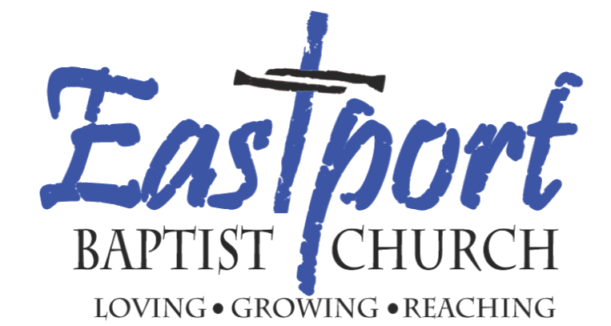When we come to genealogies in the Bible, our posture is often a sleepy yawn. These lists of names are not the easiest parts of Scripture to understand, learn from, and apply. But that doesn’t mean we should just skip them. All Scripture is profitable for God’s people, even the genealogies (2 Tim 3:16-17).
The genealogy we find in Genesis 5 teaches us some significant truths. In this chapter, which tracks the family line from Adam to Noah, one man stands out especially: Enoch.
The Man Who Did Not Die
The major theme that hangs over Genesis 5 is that from Adam onward, death reigns in this world. The phrase “and he died” is repeated eight times, highlighting that death is the judgment of God upon the rebellion of humanity. Enoch is the lone exception.
In many genealogies, the author will signal what is important by changing from the pattern of the rest of the list. That’s obvious in Enoch’s case. While his father, Jared, simply lived after fathering his son, Enoch walked with God after he fathered his son (compare Gen 5:19 and Gen 5:22).
Genesis 5:22-24 emphasizes that Enoch did not merely live. Enoch walked with God. His years on earth were not mere living. They were defined by a close relationship with God. Enoch walked the path God laid out for him. He lived God’s way. He lived in communion with his God, knowing and being known. In a world of death where evil was increasing all around him, Enoch did not follow that route. He chose to walk with God. To walk in the direction God was walking.
Enoch’s history ends differently from all the others in this list. He didn’t die. Death was not the end of his story. God took Enoch to be with him (Heb 11:5). God did not spare Enoch simply because he was holy and somehow earned that salvation. No, God snatched Enoch away in his grace to teach his people that death won’t have the last word for God’s people.
God took Enoch before death could grab him to reveal God’s own power over death. This was a foretaste of the resurrection of Christ that signals the death of death for the people of God. Enoch’s deliverance from death bolsters our hope that one day death will be no more.
Beyond “Carpe Diem”
In a world of death, the path we choose matters. Many people chase things like honor, success, wealth, and the next big thrill. Life becomes about seizing the day—Carpe Diem. We want to squeeze all the juice out of this short life as we can because we know the time is short.
But chasing these fading pleasures is like trying to grab a handful of water and lift it up. It all drips away. We can’t keep hold of them. They are gone before we know it.
There’s one thing we can seek in this life that will abide forever, and that is knowing our God, walking with him and being close to him. That will remain forever, and that’s what we were made for. God made us for himself, to know him and his presence.
Thus, a better phrase for our walk as Christians is: Coram Deo—in the presence of God. We should seek each day to walk with God, to live as those who know his presence. What good is it if we seize the day but we aren’t living in the presence of God and walking with God?
This is how God’s people live in a world of death: We walk with our God. He is the God who has power over death itself. Even when we walk through the valley of the shadow of death, we can fear no evil because He is with us, walking alongside us (Psa 23:4).
This post was adapted from the sermon below:







